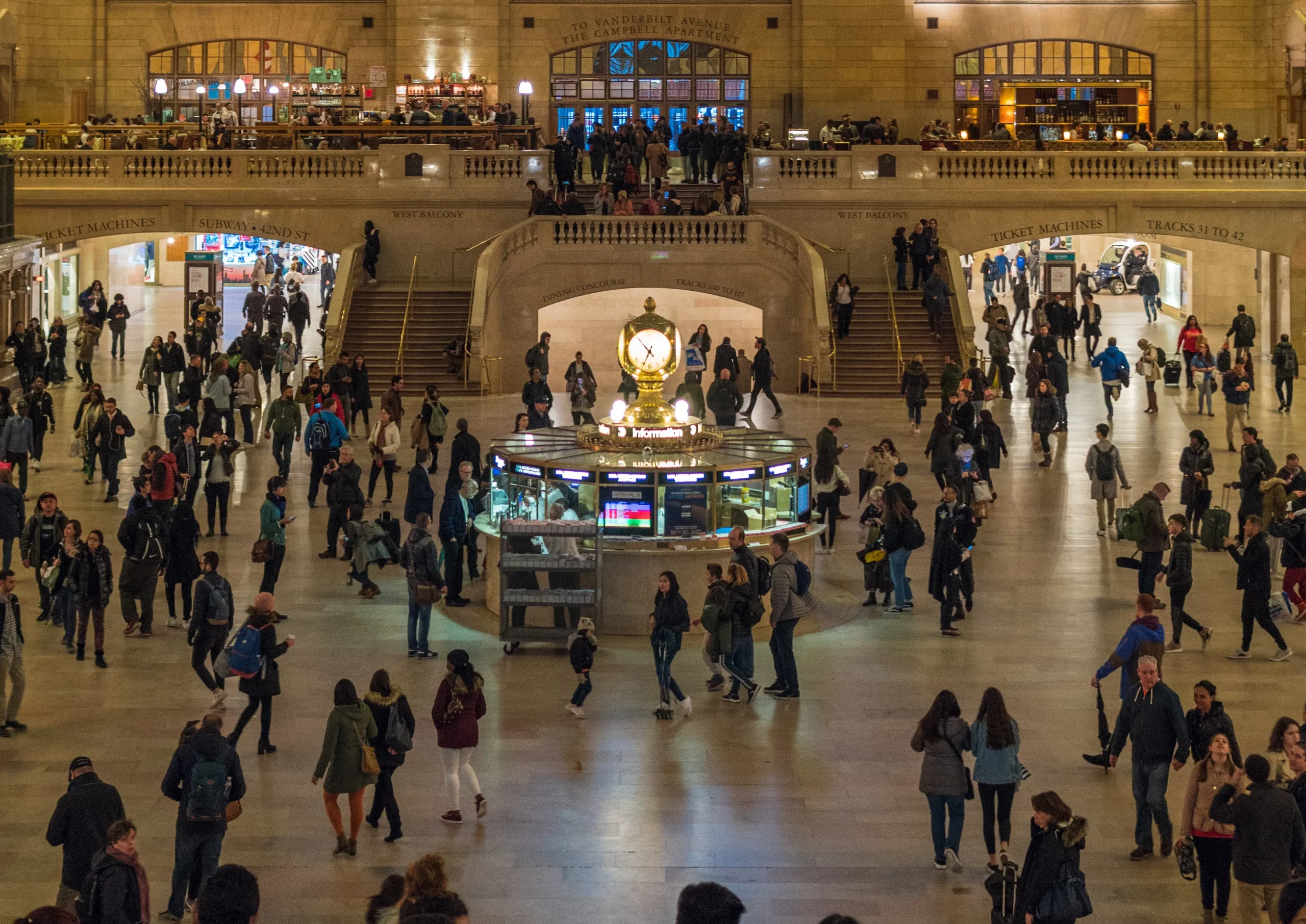
Exclusive new research commissioned by the NRLA shows a vibrant PRS is vital to the social and economic wellbeing of the country.
Here, in his regular column for Property Notify®, Ben Beadle, chief executive of the NRLA, explains the importance of the findings – and what the Government needs to do next.
Soaring costs, rising interest rates and the promise of yet more regulation up ahead make this a difficult time to be a landlord and as a consequence, a tenant.
The gap between the supply and demand is growing, with latest figures from property platform Zoopla showing supply has fallen by 38%, while demand is up 46%.
At the same time more and more landlords are planning to sell off at least some of their properties – just over a quarter according to the NRLA’s latest survey.
This is bad news for everyone – especially tenants.
We commissioned Chris Walker, of economics consultancy form Chamberlain Walker, to produce a research report going right back to basics, examining what the PRS in this country looks like, what its function is and who lives in it.
Chris, a former Head of Housing at thinktank Policy Exchange and ex-Government economist, concluded the sector is playing a vital role in supporting labour markets and providing much-needed homes for people who are actively choosing to rent, as well as those for whom home-ownership is out of reach.
The findings
The resulting report, ‘A housing market that works for everyone: Rethinking the role of the private rented sector’ proves the PRS is a tenure of choice for many renters.
Of the 2,000 renters interviewed, while many agreed they would like to own a home one day – 76 per cent, just 17% of that figure said that – given the option they would have already taken that step. The remaining 83% per cent want to be there.
This confirms what we at the association already know. That rental homes fill a vital need. People rent for all kinds of reasons.
They may want to strike out and try out life a new town or city, move in with a new partner for the first time, flat share with friends after leaving university.
Without the PRS their only option would be to take on a mortgage they neither want or need.
And, contrary to the messages in the media, we found the vast majority are satisfied with what they pay, with 80% of private renters that consider their rents fair, good or excellent.
For those who cannot afford to buy their own home – and are not eligible for social housing the PRS is their only option.
Yet they are the very people the Government, in its blinkered attempt to boost home ownership by punishing landlords, is hurting the most.
Fewer landlords mean fewer properties to choose from and higher rents.
This is turn makes saving for a deposit even more challenging.
The PRS should not be treated as a poor relation to owner occupation, and in fact often acts as a springboard to home ownership, a stopgap for many, between leaving home and buying their own place.
What happens next?
The findings of the report, which can be accessed in full here will inform NRLA campaigning for pro-growth policies from the Government to encourage landlords to remain in the sector and continue to invest.
This includes the reversal of Section 24 changes to mortgage interest relief.
Chris concludes that a high quality PRS is ‘likely to be a good thing both socially and economically’, and I couldn’t agree more.
The report makes clear the positive and vital role the rental market has to play in the economic and social life of the country.
- Copies of the report have now been forwarded to Government officials in the Department for Levelling Up, Housing and Communities, HM Treasury and Number 10, along with invitations to discuss the findings.



